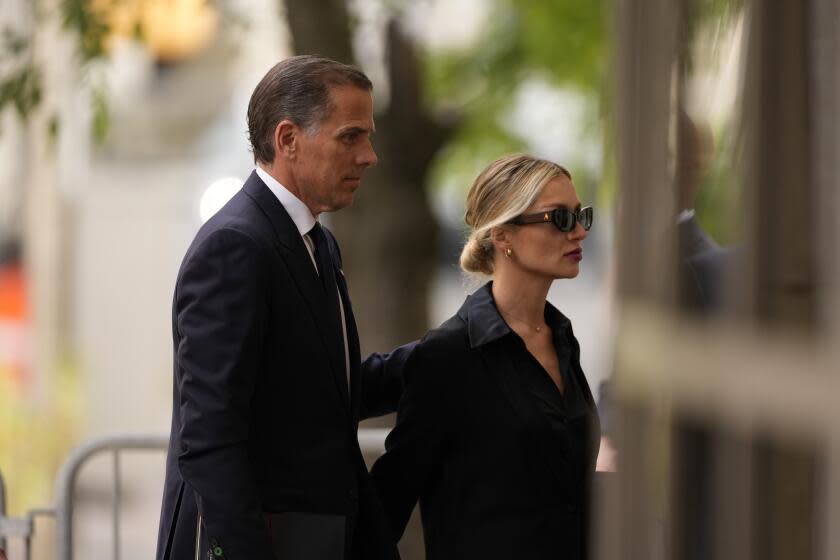The recent revelation about Prince Harry‘s surprise over Meghan Markle‘s business activities in Delaware has reignited interest in their relationship dynamics, the allure of Delaware as a business hub, and what it means for the royal family.
Reports indicate that Harry was taken aback to discover that 11 companies had been registered in Delaware, all linked to Meghan’s legal team.
This news caught him off guard and raises questions about the level of openness between the couple.
When secrets bubble to the surface, they can shake the very foundations of trust, especially for a couple living under the relentless scrutiny of the public eye.
So, why Delaware?
This state is known for its business-friendly laws, providing significant privacy protections and tax advantages.
With minimal disclosure requirements, it allows business owners to operate with a degree of confidentiality that many high-profile individuals, including celebrities, find appealing.
For Meghan, this choice seems strategic, suggesting an intention to create ventures away from prying eyes.
However, when you’re tied to royalty, such decisions can take on a different significance, stirring up public curiosity and speculation.
This unexpected discovery has prompted discussions about trust and decision-making within their marriage.
Meghan’s initiative to launch these businesses without Harry’s apparent knowledge hints at potential rifts between the ideals of independence and partnership.
The challenge of maintaining personal freedom while ensuring transparency can be particularly tricky for public figures, especially when every action is analyzed by the media.
Navigating the balance between personal ambitions and their shared public image has become an ongoing challenge for Harry and Meghan.
Since stepping back from royal duties, the couple has sought to carve out their own identities, blending advocacy, media engagements, and business pursuits.
However, the intersection of their private aspirations and public roles complicates their situation, often leading to conflicting interpretations by the media.
This latest twist also raises broader implications for the royal family and its modern identity.
Harry and Meghan’s ventures into entrepreneurship have sparked conversations about how royals can engage with the private sector without compromising their traditional roles.
Their actions mirror historical trends where royals adapted to remain relevant in changing times, reflecting a need for evolution while holding onto core values.
Historically, royal families have faced the necessity of adapting to contemporary challenges to maintain their connection with the public.
The current scenario draws parallels to past instances when royals embraced unconventional roles to stay engaged with society.
Balancing ceremonial responsibilities with relatable activities has often been key to sustaining public interest, but it begs the question: how far can one stretch the boundaries of royal life before it conflicts with the institution’s foundational principles?
For figures like Harry and Meghan, managing public perception is a delicate dance.
It requires a mix of strategic media engagements, aligning with supportive outlets, and emphasizing philanthropy.
Given the recent revelations, they must tread carefully to rebuild or maintain public trust.
Highlighting collaborative projects could help present a united front, showcasing personal growth while reinforcing their commitment to shared goals.
Engaging trusted advisors and establishing a commitment to transparency might be crucial steps for them to mitigate the fallout from this situation.
As they navigate these turbulent waters, their choices will likely influence not only their own legacy but also how future royals approach the balance between their public and private lives.
The unfolding story of Meghan’s business ventures serves as a critical juncture for Harry and Meghan, illuminating the intricate web of trust, communication, and public expectation that defines their existence.
As they move forward, the path they choose will undoubtedly shape perceptions of modern royalty and how it intersects with personal ambition.










